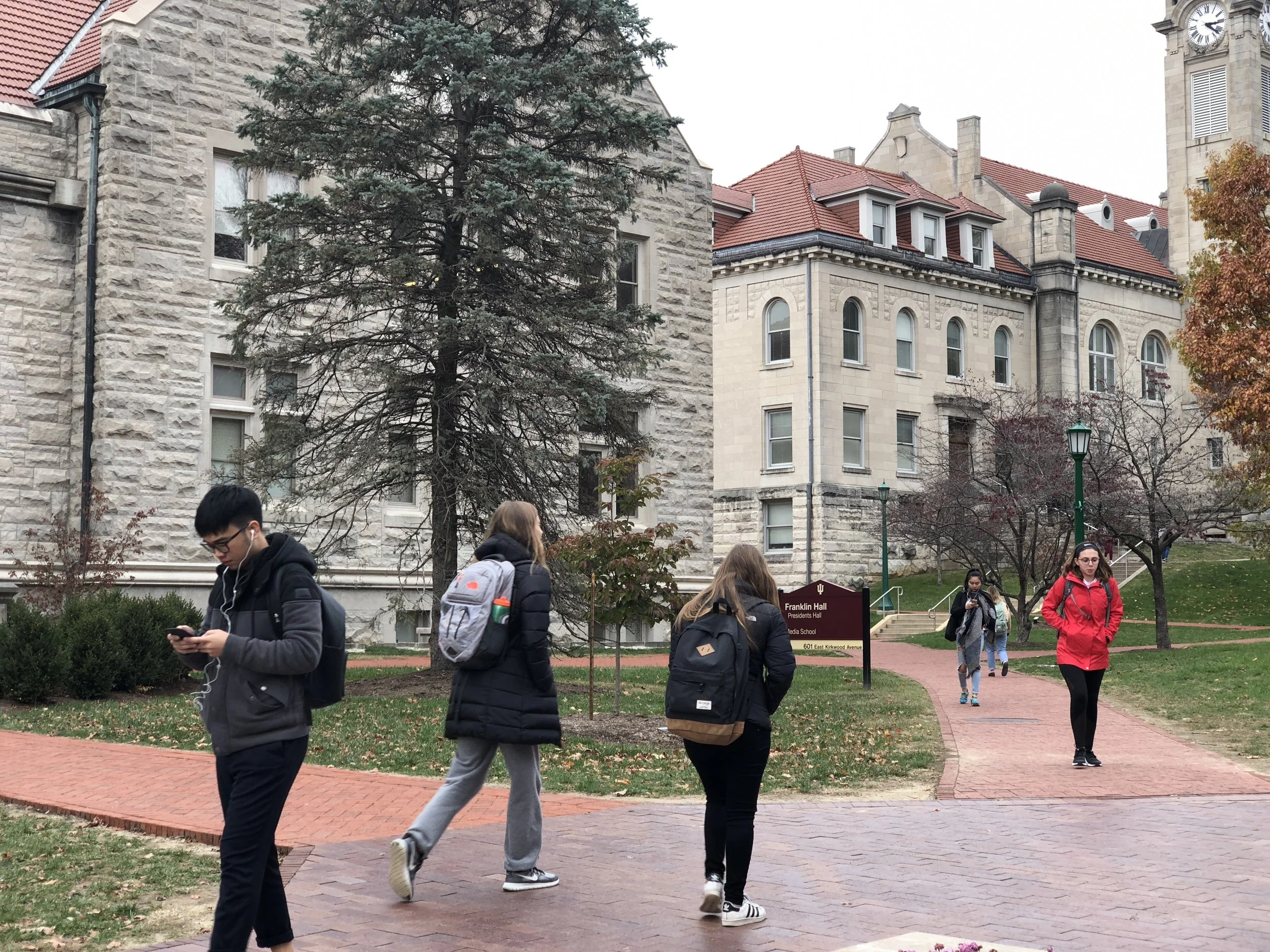In the last few years, we’ve been on countless tours and information sessions and learned a few things along the way. We also grilled other parents, students and college advisors for their suggestions and advice so you can make the most of your college visits.
Timing is Everything. When you go is crucial--plan your visit while school is in session to get the full campus effect and see student life in action. While admissions offices are often open during college breaks, the campus itself will be deserted. Also, avoid exam time—students are stressed, and everyone is in the library. If you can only visit during the summer months try and go early in the season; many schools have summer sessions, and while quieter than in the fall or spring it won’t feel like a ghost town.
Plan Early. Do your research ahead, map out your travel plan and book your tours online. (Some tours at the larger schools get booked during busy visiting times) Set aside at least a half day per school to allow time for both the information session and tour, though if you have to choose one skip the information session.
Organize a Sleepover. Contact a current student and see if your child can spend the night or at least a few hours in the dorm. (Yes, get in touch with your Aunt’s neighbor’s kid—don’t be shy, everyone loves to show off their school) This dorm-time is the best way to get a taste of student life, meet other students in a natural setting and see if the school feels like a good fit.
Town is Important. Leave time to explore the neighborhood after the tour: Do you need a car? Is there public transportation? Are there parks nearby? Restaurants? What is the housing situation beyond the dorms? Remember this may be your child’s home for the next four years.
Say Hello. It’s hard to get the essence of a school just by touring with a big group. Talk to current students to get honest answers and the present campus sentiment. Go where students hang out and observe—grab a coffee in the student center, have a meal in a dining hall, or attend a sporting event. We believe nothing compares to being on campus and talking to students.
Stand Out. If your child is passionate about a school, see if it’s possible to sit in on a class, meet with a sports coach, the head of an academic department or an admissions counselor. Encourage them to talk to the admissions rep after the information session or stop by the office and introduce themselves. They should get the contact information and follow up after the visit by email.
Maximize. If you have younger siblings in high school bring them along. It could save you time and money in the future and even motivate them to study harder. (“Yes, now I know why I’m working so hard!”)
Show Interest. Some schools take note of who has toured campus; if a school is one of your child’s top choices demonstrate interest by not just visiting, but by making appointments to sit in on classes and if its possible to interview with someone in admissions.
Reading Material. Pick up a copy of the student newspaper to read at home and scan the bulletin boards at the student center and bookstore.
Late Night. Going out at night is one of the best ways to get a close up look at the social scene. There’s usually one or two bars that the students congregate at—stop by for a nightcap.
Reflect. Have your child keep a journal with notes and impressions on each school visit--after a few tours and information sessions, the schools do blend together.
Don’t be overly expressive with your opinions. Let your child decide what they think and feel about each school.
Geography. Try and visit a campus that is urban as well as rural and suburban. If the school you're interested in is too far away for a visit, choose a similar school nearby to get a feel for what it would be like. Although these may not be the schools on "the list," they can help your child get a feel for what different sized schools and campuses offer.
Related Reads






